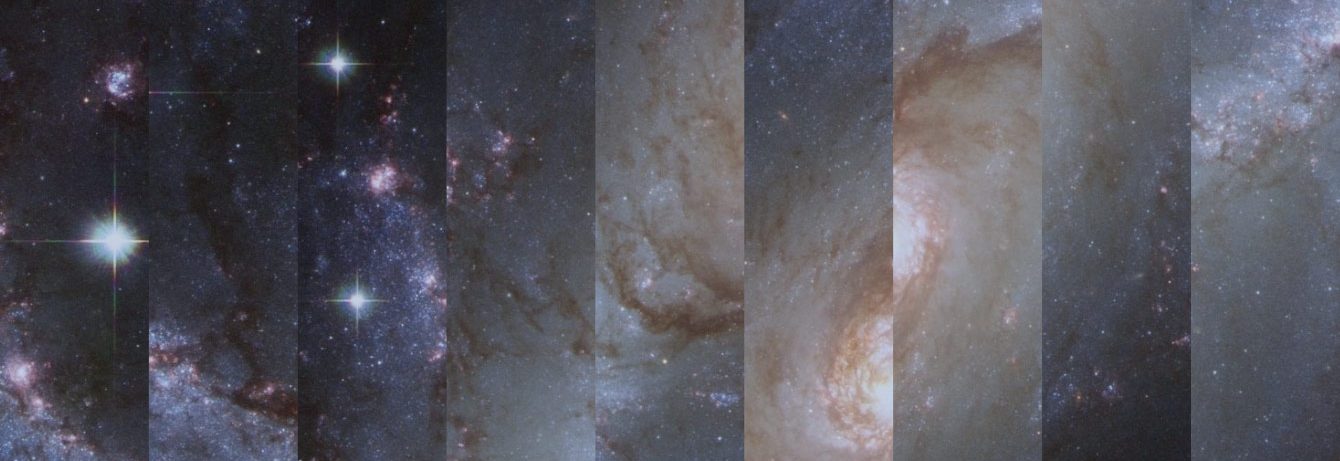News
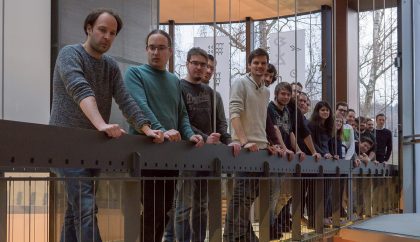
XII. Würzburg Workshop on supernovae and stellar hydrodynamics in Heidelberg
On December 14 and 15, 2017, the PSO group organized the XIIth Würzburg workshop on supernovae and stellar hydrodynamics in Heidelberg at HITS. …
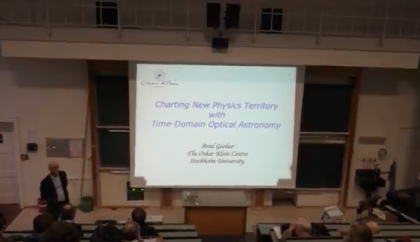
PSO group hosts HJAC colloquium speaker Ariel Goobar
From December 12 to 13, 2017, the PSO group hosted Prof. Ariel Goobar from Stockholm University. Ariel is well known for his work on …
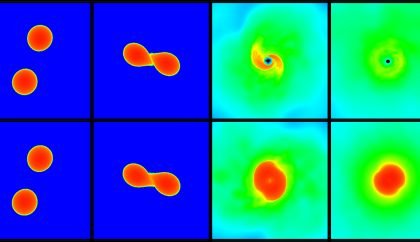
Neutron Stars on the Brink of Collapse
Neutron stars are the densest objects in the Universe; however, their exact characteristics remain unknown. Using simulations based on recent observations, …

Visitor: Raphael Hirschi
From November 7 to 8, 2017, Dr. Raphael Hirschi from Keele University (UK) visited the PSO group to discuss current topics in stellar evolution …
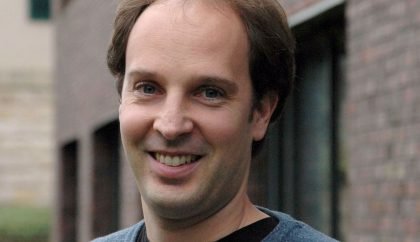
Tracking down the origins of gold
The European Research Council has awarded HITS astrophysicist Andreas Bauswein an ERC Starting Grant worth approximately 1.5 million euros. Using computer simulations, …
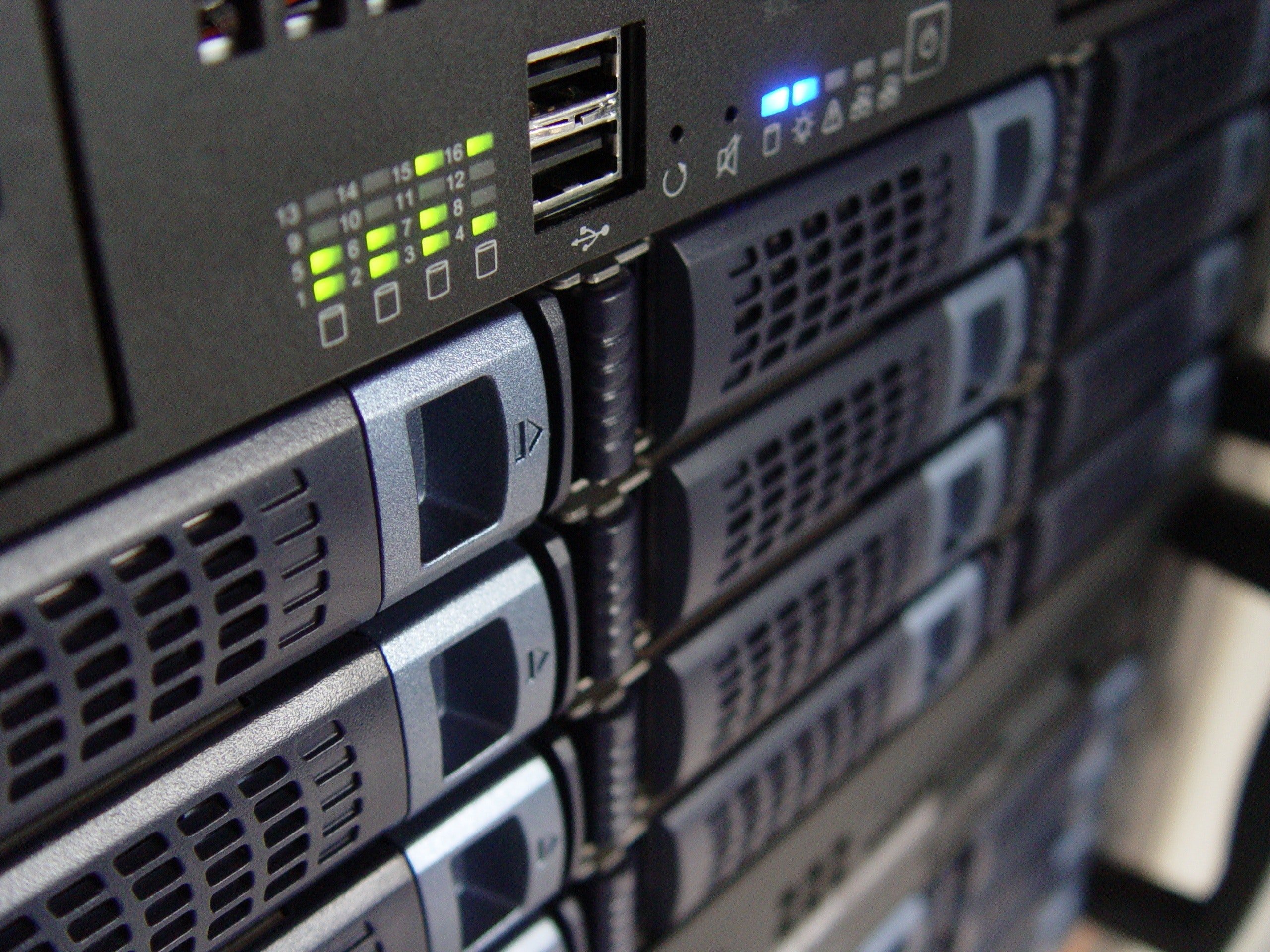
Jülich Supercomputing Centre grants 28 million CPU hours for simulations of thermonuclear supernovae
Together with colleagues from the Max Planck Institute for Astrophysics in Garching, PSO scientists were awarded 28 million CPU hours on …
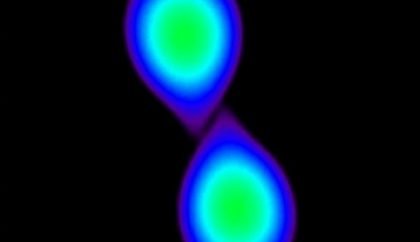
First detection of gravitational waves and electromagnetic emission from a neutron star merger
Astrophysicists all over the world are excited by the first detection of gravitational waves and electromagnetic emission from a single cosmic …
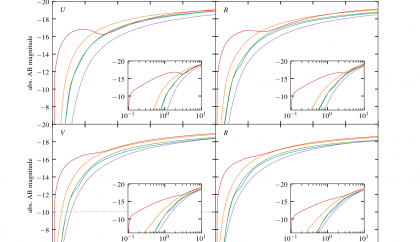
Early light curves for Type Ia supernova explosion models
Upcoming high-cadence transient survey programmes will produce a wealth of observational data for Type Ia supernovae. These data sets will contain …
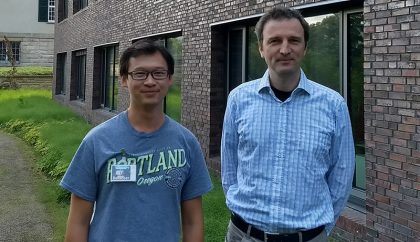
Visitor: Shing Chi Leung
From August 7 to 9, 2017, the PSO group hosted Shing Chi Leung, post-doc at the Kavli Institute for the Mathematics and …
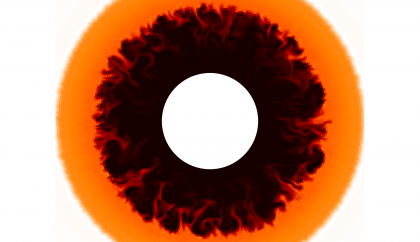
Visitor: Johann Higl
From August 2 to 4, 2017, Johann Higl, a PhD student from the Max Planck Institute for Astrophysics in Garching visited the PSO group. …
